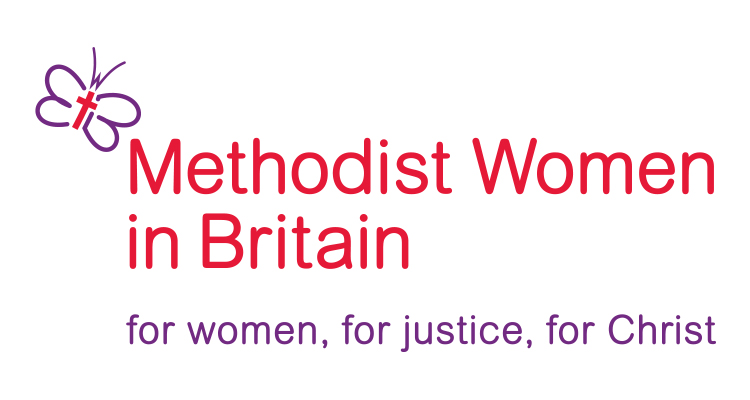For our prayers this month, we have been reflecting on the creation narrative in the first chapter of Genesis, and for this final week, we move to the first verses of the second chapter:
So the sky, the earth, and all that filled them were finished. By the seventh day God finished the work he had been doing, so he rested from all his work. God blessed the seventh day and made it a holy day, because on that day he rested from all the work he had done in creating the world.
[Genesis 2: 1–3, New Century Version]
The phrase ‘he rested’ in this passage is the English translation of the Hebrew word shabat or ‘sabbath’ – our Sunday, or ‘day of rest’. But what do we really mean by shabat?
First, of course, shabat says something about cessation – stopping, desisting, ceasing, for a while. The commandment to “Remember the Sabbath day, and keep it holy” (Exodus 20:8) is not primarily a commandment to worship, but to rest. We need to remind ourselves that we have a value and a purpose beyond ‘work’, whether that’s our day-to-day breadwinning and home-making, or the things we do in and for the church. Shabat is a reminder of our humanity, that we are created in the image of God, and that our worth, our value, our dignity, comes not from what we do, but from who – and whose – we are.
Second, shabat suggests an element of celebration. Every day, God created something new, and at the end of every day, God said, ‘That’s good!’ When we rest, when we observe a time of shabat, it’s an opportunity to shift the focus from ourselves, from our doing, onto God, onto God’s doing – to recognise and celebrate all that God has done and is doing in the world, God’s creation, God’s provision, God’s salvation… and to say ‘That’s good!’
And thirdly, I think shabat implies a sense of community. The first time God commands the people to observe a Sabbath is during their wandering in the wilderness (Exodus 20: 8, above). When God provided manna for the people, God gave a double portion on Friday, so that on the Sabbath, instead of collecting and cooking manna, the people could rest and eat and pray together, as families and as a community. In Jewish tradition and practice, shabat begins at sundown, reflecting the words of the creation narrative in Genesis: “there was evening, and there was morning” each day. So the day begins at evening, begins with the family or community gathering together for a meal, and after the meal, rest, and a cessation of ‘doing’. Shabat comes full circle!
Reflect:
Take time – as long as you need, or as long as you have – to simply sit and reflect on what ‘shabat’ might mean for you.
Prayer:
Almighty God,
You created the world in six days,
And on the seventh day you rested.
May we know your rest when we are weary.
May we know your joy when we are troubled.
May we know your presence when we are lonely.
In our full and busy lives,
Help us to remember the God who created us;
Help us to celebrate all you have done for us;
Help us to live in peaceful community with others.
You created the world in six days,
And on the seventh day you rested.
Thanks be to God.
Praise be to God.
Amen.
Image: photo by Le Minh Phuong on www.unsplash.com





